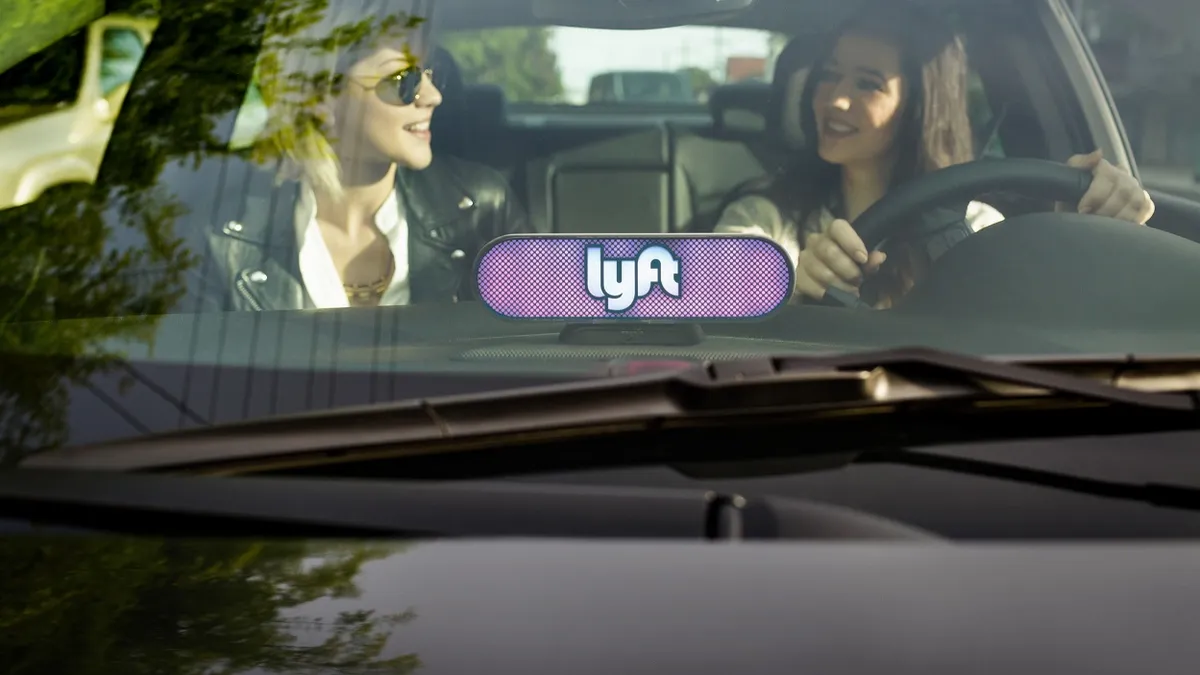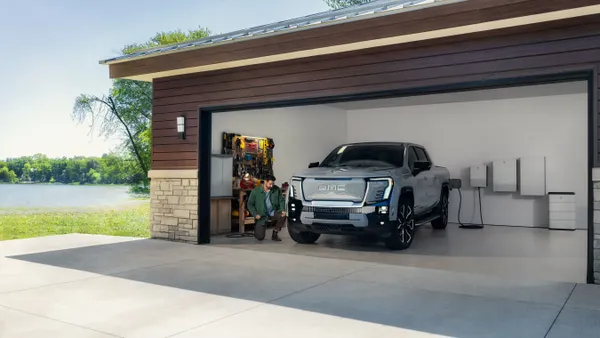Dive Brief:
- Officials in Sioux Falls, SD announced Monday that ride-sharing service Lyft will soon operate in the city after obtaining a South Dakota sales tax license, according to the Arugs Leader.
- This development officially marks Lyft's footprint in all 50 states and the District, a feat that competitor Uber has not yet been able to tout. Uber has yet to operate in South Dakota, however the Leader reports that it is considering entrance into the market.
- Lyft is in the process of recruiting drivers in the Sioux Falls area. If successful, it is expected that residents could start using the service as early as spring 2018.
Dive Insight:
After months of trying to recruit Lyft to the city, this development is a huge win for Sioux Falls, home to approximately 175,000 residents. At a news conference this week, Mayor Mike Heuther highlighted the economic benefits that will likely come from the service launch.
The process was particularly challenging due to the state's requirement to tax all services — a unique barrier for ride-share operations, and one that is cited as a reason for Uber's hesitation to move into the state. However Lyft's presence in the area, which is primarily dominated by traditional, independent taxi operators, will likely be well-received due to the company's growing popularity elsewhere.
The overall trend of ride-sharing has become increasingly in-demand this year as unique services such as Via and Safr have begun popping up in highly-populated metro areas. Some of these smaller services have been developed to attract different demographics of riders based on mobility needs or general ride-share concerns, such as safety. Ride-sharing popularity varies by city — a metro area with a well-running rail system may not depend on ride-sharing as heavily as an area with a poor rail system — however, according to Lyft's director of federal government Lauren Belive, governments can do more to boost ride-sharing opportunities. She specifically detailed that more can be done to work on the last mile "to increase access to bus or train stations, as well as increasing medical transit options."
While Lyft can now promote a presence across the entire United States — including Arkansas, which was just added to the company's profile a few weeks ago — Uber reigns on an international scale. Lyft has limited its presence to the U.S., yet the company does offer partnerships with international platforms to maintain global recognition. It is unclear if Lyft will ever launch its own service internationally.











